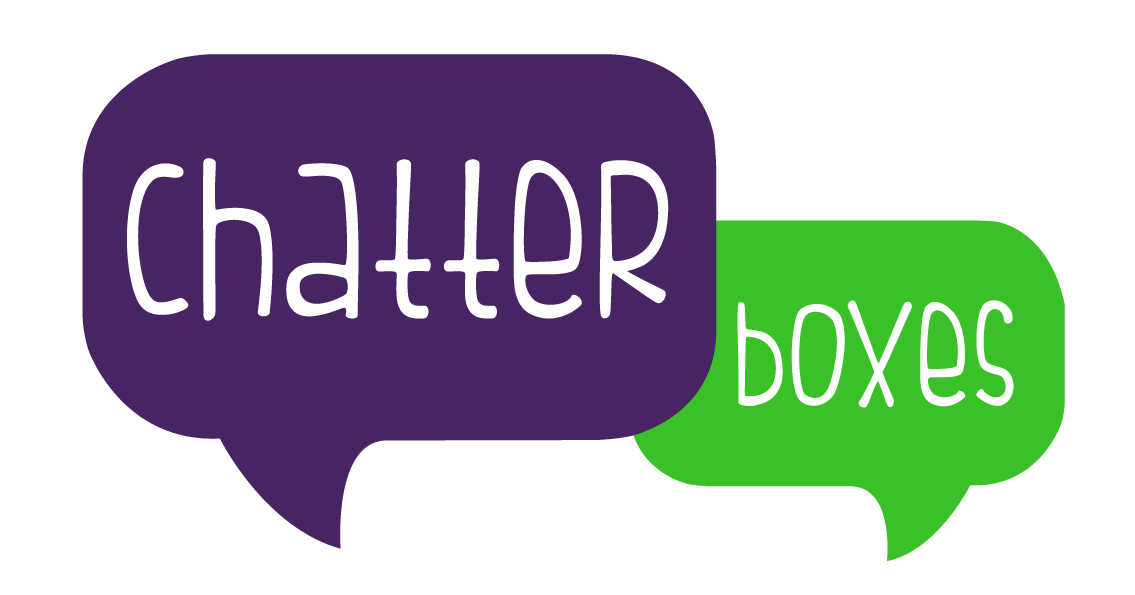So, all the hard work can finally be put into practice! Everything you’ve learned at University, you can now have a go at in real life…it can be a bit nerve racking at first, so here are our top tips for Newly Qualified Paediatric Speech and Language Therapists who are ready to start their exciting career…
1) No question is a silly question!
It’s important to remember that you’re still very new to the field, your colleagues aren’t expecting you to always know the answer. In fact, they quite like it when you’re not sure of the answer because they can share their knowledge and skills with you. Chatting through cases, discussing what you’d like to improve on, and talking about ideas for how to run sessions with certain clients, is key for any therapist! Asking your colleagues a question, not only helps you but it can also count towards their CPD too – everyone’s a winner! Sharing knowledge is powerful, we all want to support each other in making sure the children we work with receive the most effective, child-centred, highest quality therapy.
2) Keep organised.
This one seems pretty self-explanatory but the main reason is that as an ‘NQP’ (Newly Qualified Practitioner), the Royal College of Speech and Language Therapists (RCSLT) have set competencies to be completed within your first 2 years. NQPs need to be organised in gathering evidence for each competency, making sure they consider gathering information from different sources (e.g. notes made, reports written, training courses attended, case discussions with colleagues, reflections on therapy sessions, etc). The best thing is that LOTS of things count as evidence so NQPs don’t need to do too much extra work. It’s more about being on top of it, so when they’ve completed a piece of work they feel could link to one of their competencies they make note of this to make their lives easier in the long run (no therapist wants to spend a day trudging back through old notes and reports trying to find a specific piece of information! We’d go crazy!).
3) Keep your university notes to hand.
Something lots of NQPs find helpful is having their university notes accessible so they can easily look back at key information. The IPA chart is great example of this! Just because you’re fresh out of university, doesn’t mean you’re expected to become Pamela Grunwell in your first few weeks in the role! It takes time to build up certain skills therapists have and each therapist builds up their own repertoire of specific skills they’re specialised in – some therapists don’t do much speech sound work and wouldn’t need to have an in depth knowledge of phonological processes whereas other therapists might be specialist in the field. So it’s okay if you need your IPA chart in front of you when assessing a child’s speech sounds – this may be something you want to work on as a personal target so that in the future you feel comfortable and confident in carrying out assessment without the need of the chart. Sometimes therapists say they have their ‘cheat sheet’ in front of them but really if they didn’t have the help sheet in front of them, the only person who would be cheated in this scenario would be the child receiving therapy.
4) Be honest.
Everything is a learning curve and as an NQP you’re constantly learning! Sometimes, you may even feel like your head wants to explode – that’s okay! You’re learning LOADS of things all at the same time as practically doing assessment and therapy sessions. But make sure you talk to your colleagues and manager if you feel overwhelmed, it’s important to be honest with yourself about how you’re feeling. If you feel uncomfortable with something, talk it through with your team and they can help support you in creating a plan to make you feel better. If ever you feel you’re lacking confidence with using an assessment tool, carrying out a therapy activity, working with a specific child, your colleagues and manager can help talk through any of your worries – At some point, they’ll have been exactly where you are, in your shoes and know how you feel and want to help!
5) Have fun!
You have freedom now, you’re a trusted professional! You’re no longer going to have someone peering over your shoulder, watching your every move as a ‘student’, this is not a University placement, you’re now a qualified therapist. It’s time to enjoy the independence, trust yourself and your skills and enjoy finally being able to do the job you’ve trained so hard to do! Have fun with it…it’s not only the children we work with who learn best through having fun!
Good Luck!
Check out our 10 tips for being an organised SLT here!
